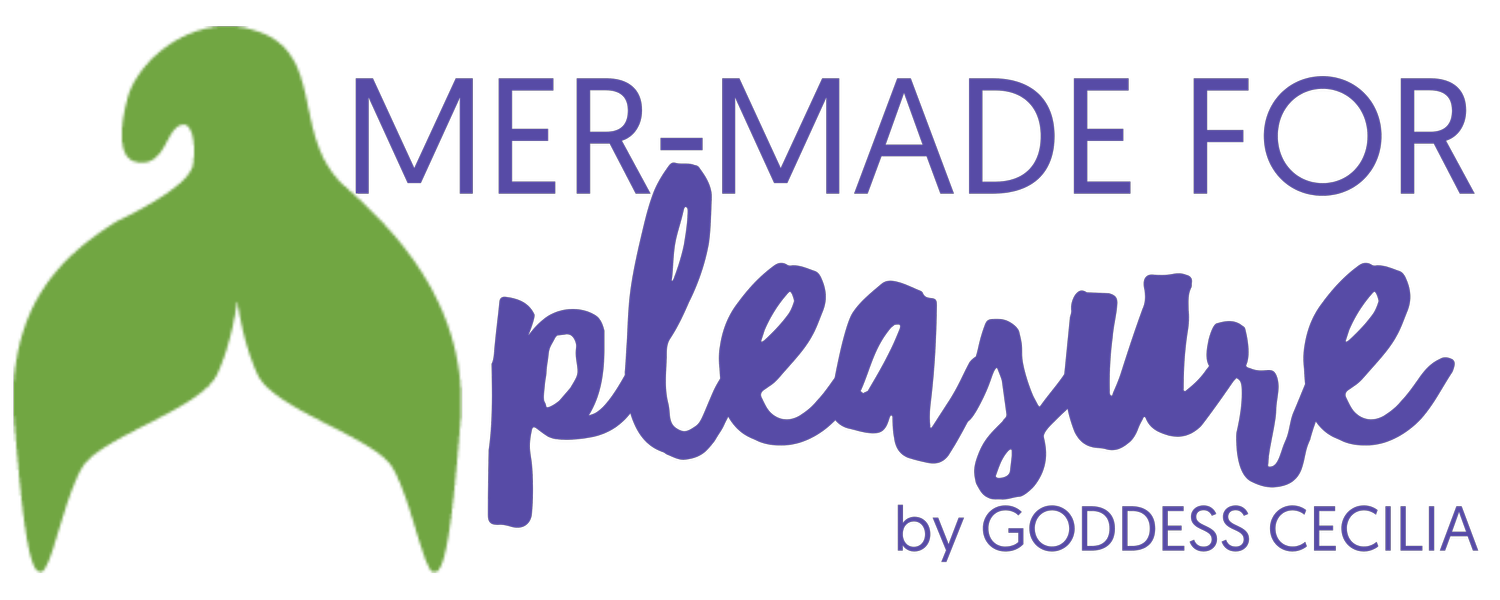Walang Hiya - Without Shame (Part 4)
I am scared to write about this. So scared that I've put it off, pushed it back, and continue to hesitate even as I write this. The shame in this runs deep, even if it doesn't look that way outwardly.
I'm hoping that you, who is reading this, are able to read what I have to say without judgement and not perpetuate the shame that already comes with being a survivor of sexual assault.
Trauma Shame
I am very open and honest about my experience as a survivor of childhood sexual assault. Since my first year at college, I had been sharing my story at the annual Take Back the Night event. Currently, I volunteer with the Boston Area Rape Crisis Center on their Survivor Speakers Bureau. I try to speak up and advocate where I can for trauma-informed sex and pleasure education.
There is certainly still a stigma to being a survivor. People continuously attempt to make excuses as to why/when/how the assault must have happened, which always leads to some sort of victim-blaming statement. Was it their clothes or the location or the time of day? Or perhaps they just weren't clear enough or silent about their "No." It's utter nonsense, and it greatly affects how people deal with their trauma.
The shame of the trauma itself contributed to my reasoning for holding the information from my family for so many years. The shame didn't stem from being the victim, though. It stemmed from the idea that *I* would ultimately be responsible for my family's breakdown. Being Filipina, I grew up with a strong sense of family as the main community. Everything we did was for the better of the community. So, I sat in silence in what I believed was a way for me to protect my family.
Now, some might say that however my family chose to respond was not my responsibility. I am only able to hold responsibility over my own behavior, words, and actions.
Yet, some might argue that my chosen silence might make me complicit to any other potential harm that was done by the perpetrator. That statement is just as victim blaming as any of the others. It is unrealistic to expect that the victim would have any responsibility for the perpetrator's actions, especially if they're in the midst of dealing with the trauma. And as a teenager who had yet to receive any treatment for the trauma at the time, I refuse to believe that *I* would be responsible for another person's actions, much less the perpetrator himself.
So, which one is it? What am I, as the survivor, responsible for?
I chose to believe that I am responsible for my own healing, and part of that healing and shame eventually led me to move to the other side of the country in an effort to create space for all of us to heal. I chose very specifically to keep the perpetrator at a distance, while others in my family choose to forgive him and move on. And while it's still painful to see his face every once in a while in family photos, I recognize that I cannot expect my family to respond similarly to how I did.
I recognize the nuance of the situation, even though I feel that I was greatly harmed. For me, I don't feel he owes me anything. I don't want anything from him, not his pain or his demise. Nor do I owe him anything, not acknowledgement or forgiveness. I am okay with that.
For some of my relatives, culture and religion (for some) have taught them about forgiveness and about family as the main community. Even though he's inadvertently hurt them, they have focused on his restoration, though I'd like to assume that it doesn't mean that they love me less or that they aren't hoping that I am healing. I'd like to believe that both can coexist, even if it's difficult and painful. I am okay with that.
Thus, here I have resided on the East Coast, surrounding myself with a found family, a community of survivors and educators, and others who understand the nuance of trauma.
I am only able to hold responsibility over my own behavior, words, and actions. I recognize that the trauma can still be painful, can affect me in unknown ways, and that it's part of how I move through the world. It doesn't make me less than or more than. It's just me, and there's nothing shameful about that.
How are you planning to release trauma shame in 2018?
Thank you for taking this journey through shame with me.

